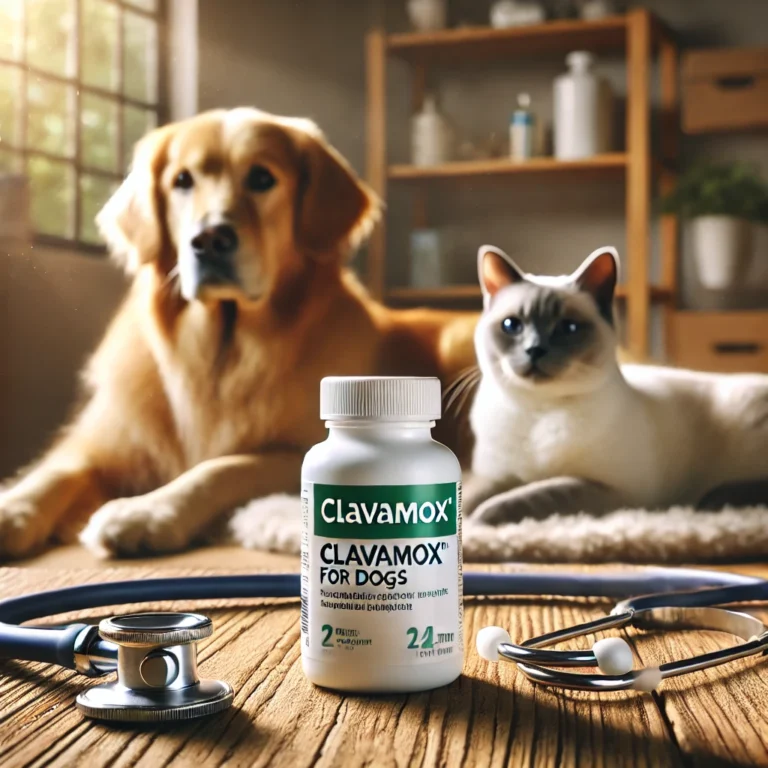New Puppy Care: 0-7 Weeks – Essential Guide for New Owners

Intro to New Puppy Care
The initial seven weeks of a puppy’s life are filled with rapid growth, significant developmental milestones, and plenty of care requirements. This period is crucial not just for their physical health but also for their early socialization and behavioral learning. Here’s a comprehensive guide on how to navigate the first seven weeks of your new puppy’s life.
Week 0-1: Welcome to the World
Birth and Early Care
Newborn puppies spend most of their time sleeping and eating. They rely entirely on their mother for warmth and nutrition, as their eyes and ears are closed, and their ability to regulate body temperature is undeveloped.
- Feeding: Newborn puppies should nurse within the first two hours after birth and continue to suckle every 2 hours or so. If the mother isn’t present or available, it’s crucial to feed the puppies a high-quality commercial milk replacer formulated for puppies, as cow’s milk and other milk types do not meet their nutritional needs.
- Environment: Maintain a steady ambient temperature of about 85-90°F to keep the puppies warm.
- Health Checks: Early veterinary intervention is important to check for congenital disabilities and ensure all puppies are nursing adequately.
Week 2-3: Opening Their Eyes to the World
Developmental Milestones
By the end of the third week, puppies start to open their eyes and slowly begin to hear. However, their vision and hearing will not be fully developed until several weeks later.
- Introduction to Solid Foods: Around the third week, you can start introducing water and wet puppy food to their diet to gradually wean them off milk.
- First Worming: Puppies should receive their initial deworming at about two weeks old.

Week 4-5: Exploration Begins
Growing Curiosity
Puppies become more interactive, starting to play with their siblings and exploring their surroundings more confidently.
- Continued Socialization: Introduce new stimuli such as different sounds, textures, and gentle handling. This is crucial for their cognitive and sensory development.
- Nutrition Transition: Slowly introduce more solid food to fully wean them off milk by the end of the seventh week.
Week 6-7: Ready for a New Adventure
Preparation for New Homes
Puppies are much more active and ready to explore beyond their immediate surroundings. This period is crucial for socialization and early training.
- Vaccinations: Puppies receive their first vaccinations between 6 and 8 weeks old. Consult your veterinarian for a vaccination schedule appropriate for your puppy’s breed and health status.
- House Training Begins: Introduce puppies to house training using consistent and positive reinforcement techniques. This includes introducing them to a designated bathroom spot outdoors or training pads.
- Behavioral Training: Simple commands like ‘sit’, ‘stay’, and ‘come’ can be introduced at this stage. Puppies are highly receptive to learning through play and positive interactions.
Essential Care Tips Across All Stages
- Regular Veterinary Visits: Schedule regular check-ups with your vet to monitor the puppies’ growth and address any health concerns promptly.
- Feeding Schedule: Puppies require frequent, small meals of high-quality puppy food to support their rapid growth and high energy levels. Consult your vet for the best dietary advice.
- Comfortable Sleeping Area: Ensure that the puppies have a comfortable, safe, and clean area to sleep.
- Hygiene: Maintain cleanliness not just in the puppies’ area but also in feeding utensils to prevent infections.
do you know
Chihuahuas are one of the longest living dog breeds with an average life expectancy of 15-20 years. They’re known for their bold personalities despite their small size.
Conclusion of New Puppy Care
The first seven weeks are critical in shaping the health and temperament of puppies. As a new owner, providing consistent care, early socialization, proper nutrition, and regular veterinary care will help ensure that your puppies grow up to be healthy and well-adjusted dogs. Remember, every puppy is unique, and while this guide provides general care tips, you should always tailor your care approach to the specific needs of your puppies.
Where should a puppy sleep the first night?
A puppy should sleep in a crate or secure area with a comfortable bed near your bedroom.
What is the best way to take care of a new puppy?
Provide a balanced diet, regular vet visits, consistent training, and lots of love and patience.
What should you not do with a new puppy?
Avoid overwhelming them with too many new people, skipping vaccinations, and neglecting early socialization.
How do you take care of a first born puppy?
Keep them warm, ensure they are feeding properly from their mother, and monitor for any signs of distress.
Can newborn puppies drink water?
Newborn puppies typically do not need water; they get hydration from their mother’s milk.
What to do immediately after puppy is born?
Ensure the puppy is breathing well, drying off, and encourage nursing as soon as possible.
What do puppies do immediately after birth?
Puppies typically try to find their mother’s nipple to begin nursing.
What not to do after puppies are born?
Do not separate them from their mother, avoid handling them too much, and keep their environment quiet and warm.
What to feed a newborn puppy?
new puppy care should be fed their mother’s milk; if orphaned, a suitable commercial puppy milk replacer is recommended.






